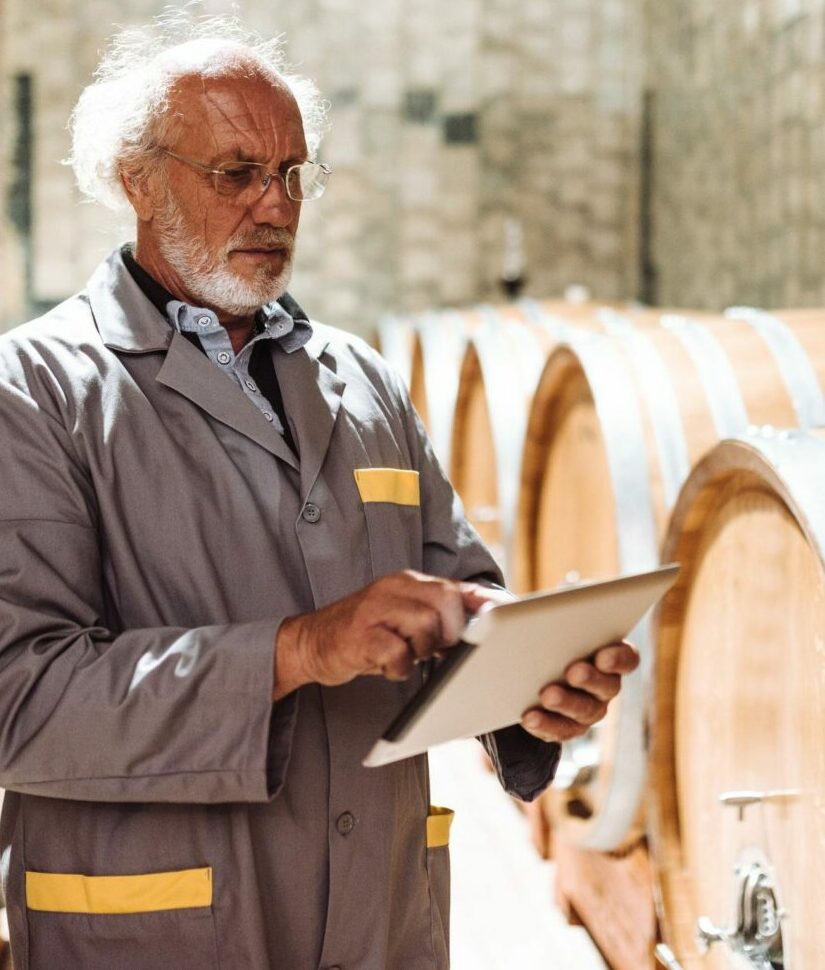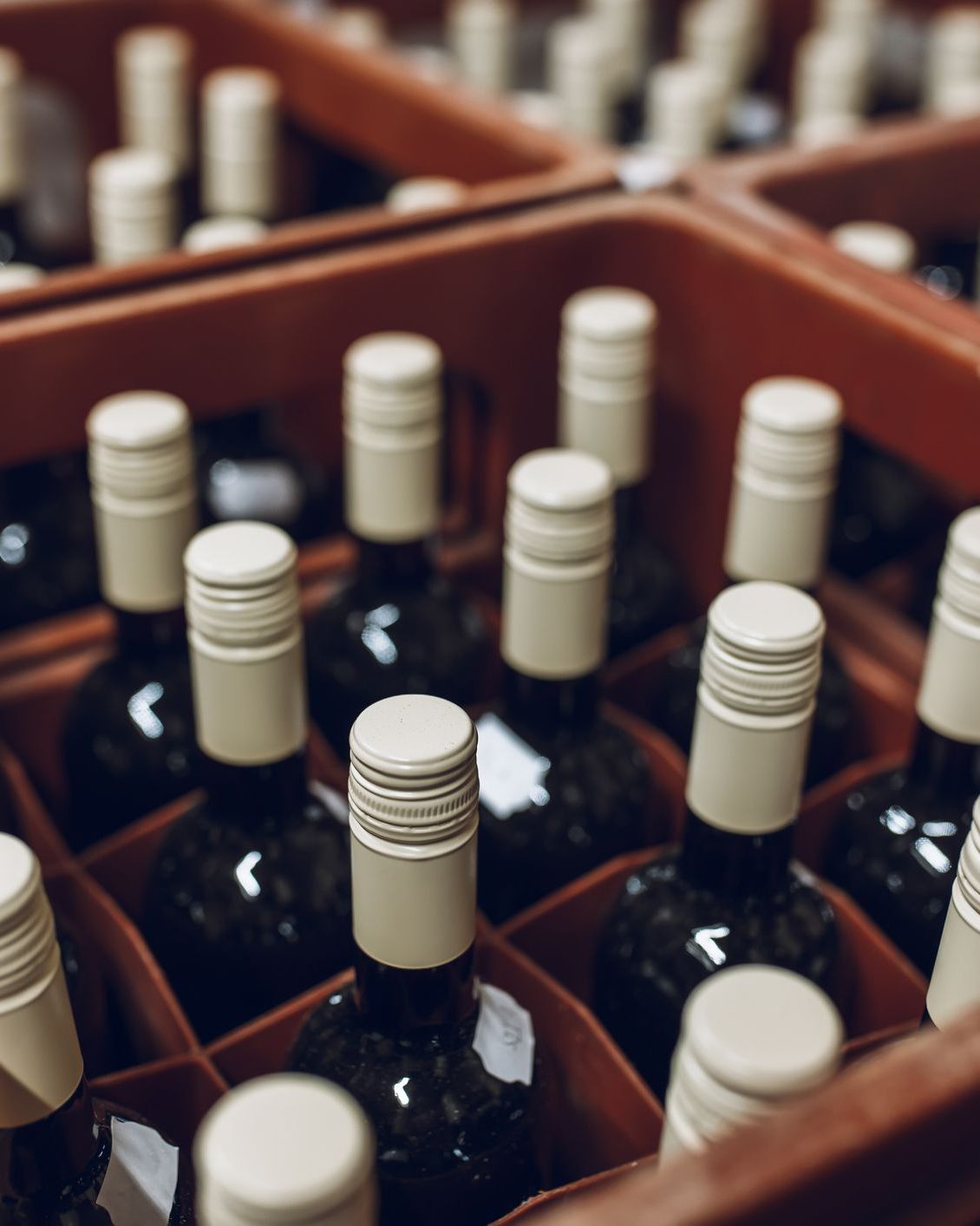Negotiating Alcoholic Beverage Distribution Agreements
Suppliers and distributors should consult lawyers when reviewing and drafting distribution agreements to ensure the agreements are enforceable and in their best interests. Skipping this step can result in unexpected and costly challenges down the road.
Both suppliers and distributors benefit from having written distribution agreements. A written agreement clarifies each side’s rights and obligations. Suppliers, distributors and their lawyers should carefully research each state’s alcohol laws when drafting agreements. In franchise states, distribution agreements should track state law.
California has special requirements for beer suppliers and beer distribution agreements. The requirements apply to licensed beer manufacturers, out-of-state beer manufacturers, and beer and wine importers general.

Resolving Distribution Disputes
It’s a smart move to consult an alcohol attorney when you begin to consider terminating your alcoholic beverage distributor. Agreements with wholesalers often require suppliers to pay high termination fees when the terminations are not “for cause.”
Being proactive early on can help to limit costs associated with terminating the agreement and transitioning to a new distributor for your licensed business.

Why Choose Gillian Garrett Law, PC for Distribution Negotiation and Dispute Resolution?
Gillian has extensive experience negotiating distribution agreements and advising clients on how to resolve distribution disputes. She has helped suppliers and distributors of all sizes and geographic scope create and execute strong agreements that best position them for successful and conflict-free business relationships. When conflicts do arise, she has the knowledge and skill needed to advise clients on the most efficient and cost-effective path to resolution. Gillan’s background in complex commercial litigation, together with her many years of helping alcohol beverage businesses just like yours, make her uniquely qualified to handle distribution negotiation, litigation, and dispute resolution.
Frequently Asked Questions:
Alcohol distribution and alcohol distribution agreements are governed by a complex framework of federal and California alcohol laws. I recommend consulting an alcohol lawyer and developing an alcohol distribution law handbook.
Suppliers are manufacturers, blenders, rectifiers, and importers. Distributors are wholesalers; they are the middle level of the three-tiered alcoholic beverage industry.
Yes. Most agreements contain provisions about how and when parties can terminate, as well as any consequences or fees associated with termination.
The most common dispute involves whether wholesalers have made enough progress towards agreed upon sales goals.
It depends. Beer suppliers must set geographical territories for wholesale distribution of their beer in written agreements. Distributors cannot sell a brand of beer until they have entered into a written agreement with the supplier of the brand, setting territorial limits for distribution.
There is no similar requirement for wine or spirits, but agreements typically specify the scope of the distributor’s geographic territory. They also typically specify whether the distribution relationship is exclusive. Suppliers can have more than one wholesaler for a geographic area.
You should consult an alcohol attorney about how best to document and address the violation.
Yes.
It’s important to consult an alcohol attorney about negotiating the best possible agreement for your licensed business. Every situation is unique. In general, larger suppliers have more leverage to negotiate better terms.
The Department typically is not involved in distribution disputes.
Yes. It’s a good idea for distribution agreements to contain mandatory arbitration clauses. Resolving disputes through arbitration is usually faster and less expensive than resolving them in Superior Court.




